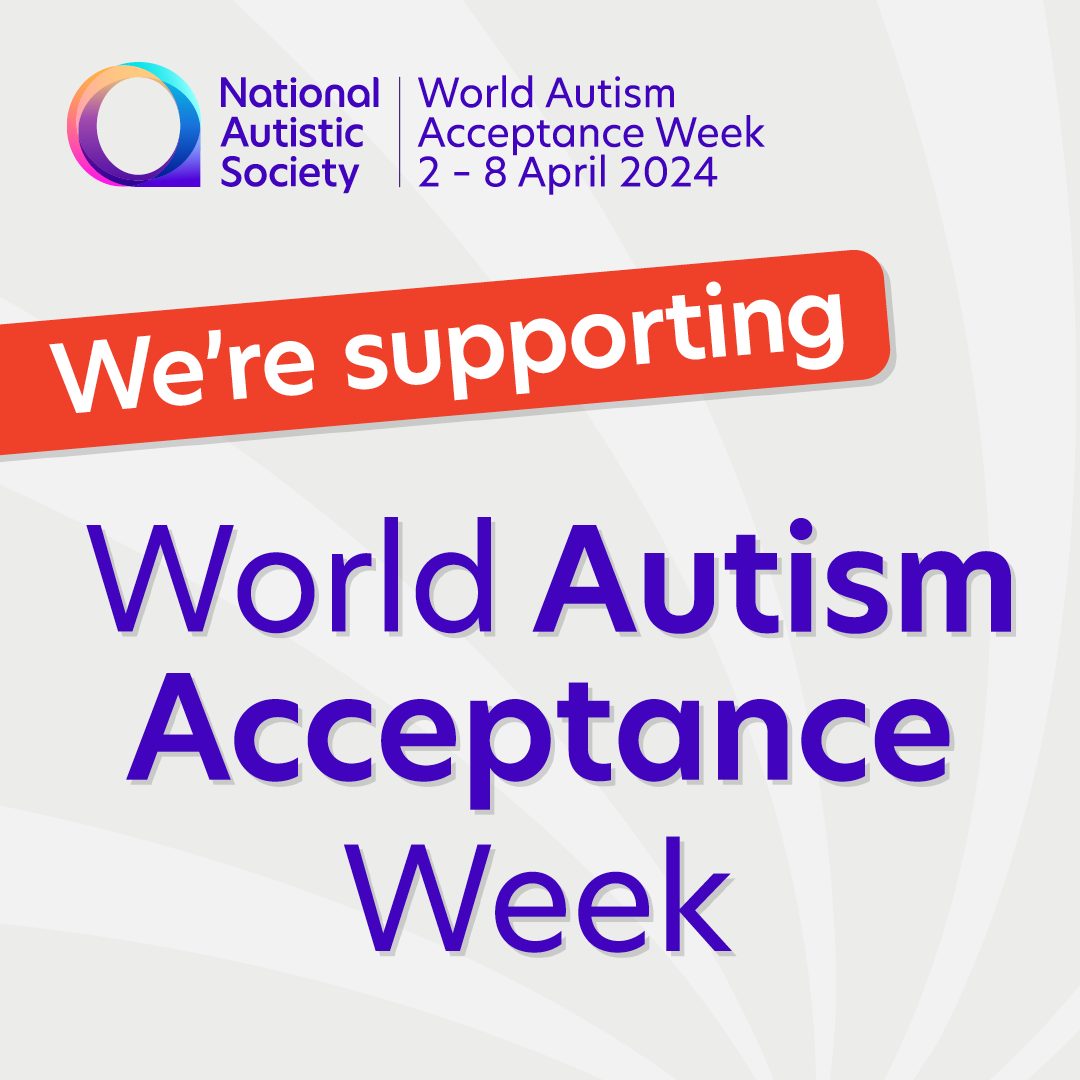People with autism experience lifelong developmental disabilities that affect the way they communicate and interact with others. It is estimated that there are around 700,000 autistic adults and children in the UK.
Please watch this short video which explains how it feels to have autism through the eyes of someone that experiences it every day https://youtu.be/Lk4qs8jGN4U (National Autistic Society https://www.autism.org.uk/advice-and-guidance/what-is-autism).
What is autism?
Autism is not a mental health issue. The condition affects how you interact with other people and how you see the world.
The mental health of people with autism can be as good as that of anyone else. Mental health issues are common among people with autism, despite this. Seven out of ten autistic people suffer from anxiety, depression, or OCD, according to Autistica.
You may have heard the phrase ‘on the autism spectrum’, or ‘autistic spectrum’. Autism is a spectrum condition, which means it affects people differently. In spite of this, most autistic people share certain characteristics.
Autism is a spectrum disorder that affects people in different ways. Each person has their own strengths and weaknesses, including autistic people. The following is a list of difficulties autistic people may share, including the two key difficulties for diagnosis.
Social communication and interaction challenges
A person with autism has difficulty understanding both verbal and non-verbal language, such as gestures or tone of voice. Some autistic people are unable to speak or have limited speech, while others have excellent language skills but struggle to understand sarcasm and tone of voice. Among the other challenges are:
- taking things literally and not understanding abstract concepts
- needing extra time to process information or answer questions
- repeating what others say to them (this is called echolalia).
Autistic people often have difficulty ‘reading’ other people – recognising or understanding others’ feelings and intentions – and expressing their own emotions. This can make it very hard to navigate the social world. Autistic people may:
- appear to be insensitive
- seek out time alone when overloaded by other people
- not seek comfort from other people
- appear to behave ‘strangely’ or in a way thought to be socially inappropriate
- find it hard to form friendships.
Repetitive and restrictive behaviour
With its unwritten rules, the world can seem a very unpredictable and confusing place to autistic people. This is why they often prefer to have routines so that they know what is going to happen.
Autistic people may also repeat movements such as hand flapping, rocking or the repetitive use of an object such as twirling a pen or opening and closing a door.
Change to routine can also be very distressing for autistic people and make them very anxious.
Over or under sensitivity to light
Autistic people may experience over- or under-sensitivity to sounds, touch, tastes, smells, light, colours, temperatures or pain. For example, they may find certain background sounds like music in a restaurant, which other people ignore or block out, unbearably loud or distracting.
Highly focused interests or hobbies
Many autistic people have intense and highly focused interests, often from a fairly young age. These can change over time or be lifelong.
Extreme anxiety
Anxiety is a real difficulty for many autistic adults, particularly in social situations or when facing change. It can affect a person psychologically and physically and impact quality of life for autistic people and their families.
Meltdowns and shutdowns
When everything becomes too much for an autistic person, they can go into meltdown or shutdown. These are very intense and exhausting experiences.
Looking after your mental health when you have autism
Those on the autistic spectrum should seek specialist help when they feel they need it. Taking care of yourself is also important.
Exercise, eating well, getting enough sleep, and talking things over with people they know and trust can help autistic people’s mental health.
The more predictable your daily routines are, the less likely you are to become anxious when unexpected changes occur.
Support
The National Autistic Society has some fantastic help and resources on autism; https://www.autism.org.uk/advice-and-guidance/what-is-autism/varying-support-needs.
Young Minds is also brilliant if you are a child or young person needing some help or guidance; https://www.youngminds.org.uk/young-person/mental-health-conditions/autism-and-mental-health/#Whatisautism.
If you would like to talk to us about any of our training courses, please call us on 01276 586943 or email us at admin@crosscountiestraining.co.uk.








